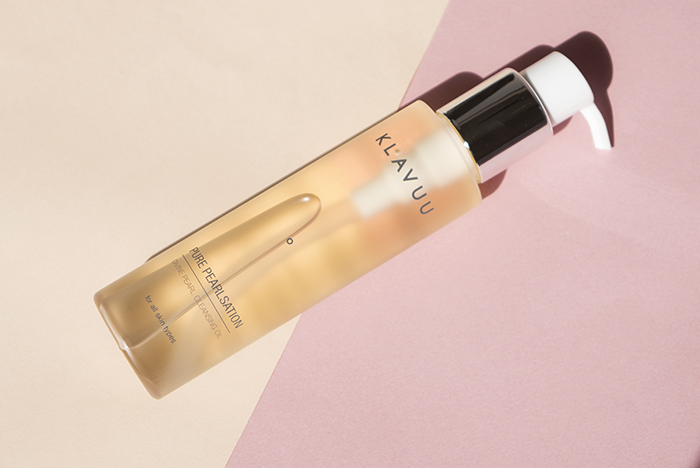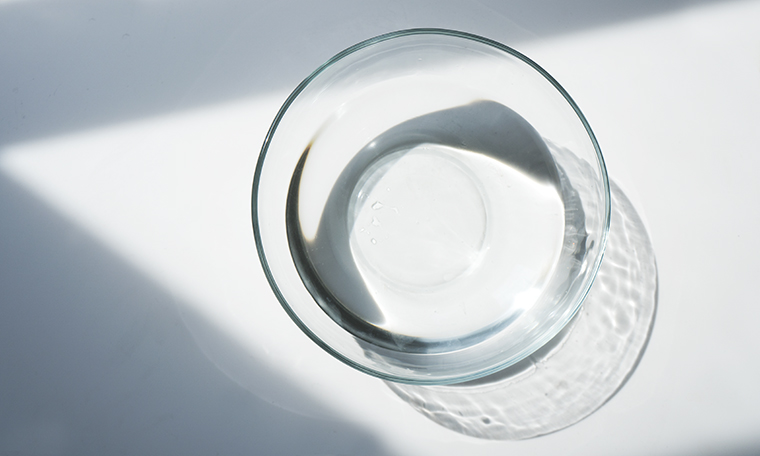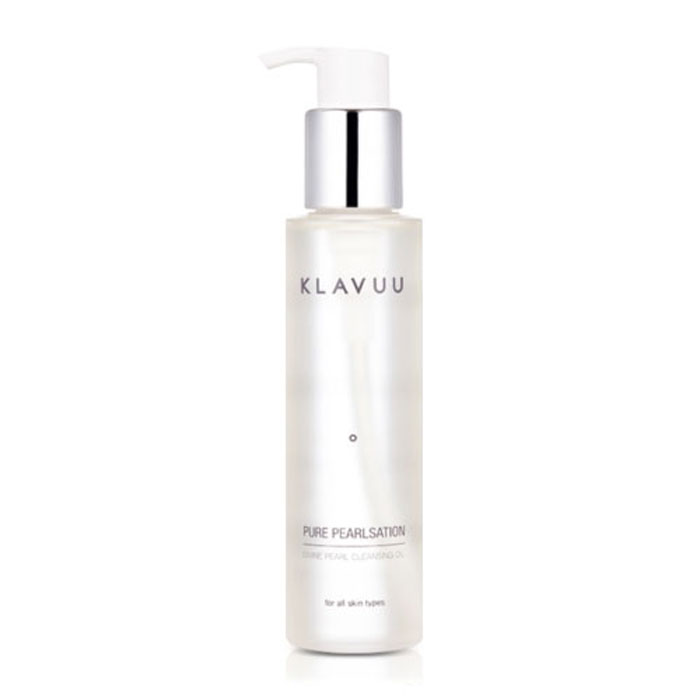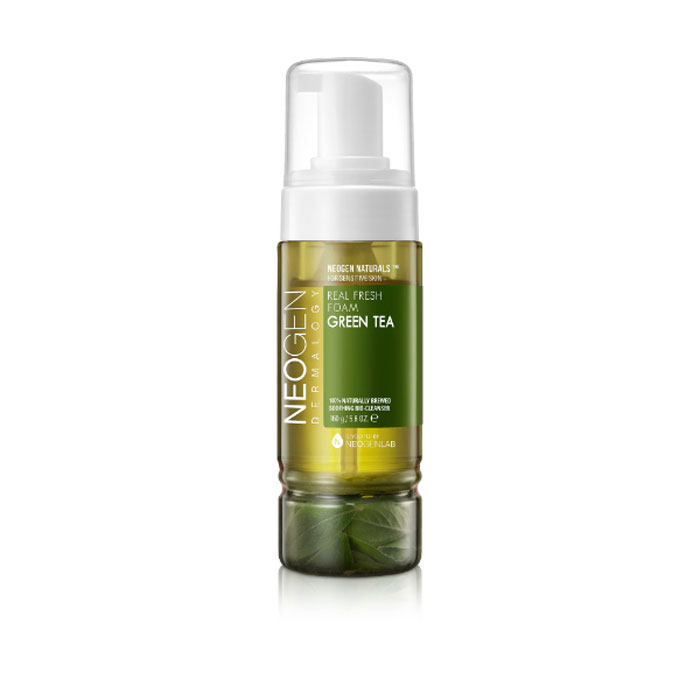The supposed effects of cold or hot water can be temporary and even fictional. Read on to learn the truth about the ideal water temperature for washing your face!
There are certain old wives tales of the beauty world that seem to stick around no matter how often they’re debunked: that you don’t need to wear SPF if you have a dark skin tone, that men’s products work totally different from women’s products, that washing your face with really hot water will help deep clean your pores.
Obviously, that’s not true: you need to wear sun protection every day no matter what your skin tone, skin benefits from all the same ingredients regardless of gender, but the temperature of water you use when washing your face does make a difference, just not exactly in the ways you might have been told.
The truth about water temperatures:
The theory behind washing your face in hot water goes back to science class: Since things naturally tend to expand when exposed to heat, the thinking goes that washing your face with hot water will make your pores expand, making it easier to clean out the gunk inside of them. Likewise, some versions of this myth suggest that finishing with cold water makes your pores smaller.
The problem with this belief is pores don’t have muscles that allow them to expand and contract drastically, which is part of what makes shrinking your pores so impossible. While very hot water can make you skin feel softer immediately afterward or cold water might make your skin feel marginally firmer for a few minutes, the effect will begin to disappear as soon as your skin temperature begins to return to normal.
So what difference does water temperature really make when washing your face?
While your pores may not dilate with changes in temperature, other parts of your body can: most notably, your blood vessels. Extreme heat can cause blood vessels to dilate, making skin look red or even, in the extreme, cause the vessels to burst leaving behind little red splotches just below the surface. Hot water can also strip away your skin’s natural oils, leaving skin drier and possibly irritated. Dry, irritated, and red? Pretty much the opposite of what most of us are looking for in our beauty routines.
Cold water has less chance of causing problems for your skin, but there are downsides to a chilly scrub session too. Just like hot water can strip skin of natural oils, cold water is less effective at removing excess sebum, which can lead to buildup on the surface of the skin and blocked pores over time. Using cold water can also be unpleasant for some people, which might lead you to embrace your lazier tendencies and not wash your face thoroughly every night, a key step in maintaining your best skin.

What’s the best temperature?
Your best bet when it comes to getting the cleanest, clearest, healthiest skin is to split the difference. By using lukewarm water, you get the cleansing benefits of heat, but skip out on the risks of scalding. When you lather up, aim for something slightly above body temperature. Avoid steaming water or anything that leaves your skin flushed after contact; try testing the temp on the inside of your wrist where the thin skin is similar enough to your face to make a good indicator.
Worried about the cooler water not sweeping away the dirt and oil of the day? Take out an extra cleansing insurance policy by opting for a double-cleanse with an oil cleanser like Klavuu Pure Pearlsation Divine Pearly Cleansing Oil followed by a water cleanser like Neogen Green Tea Real Fresh Foam Cleanser.





